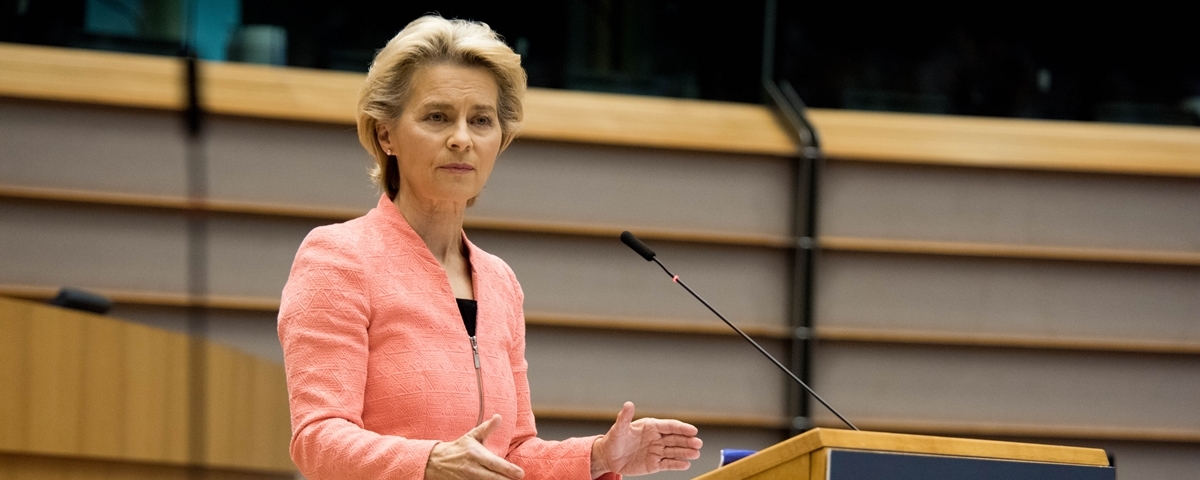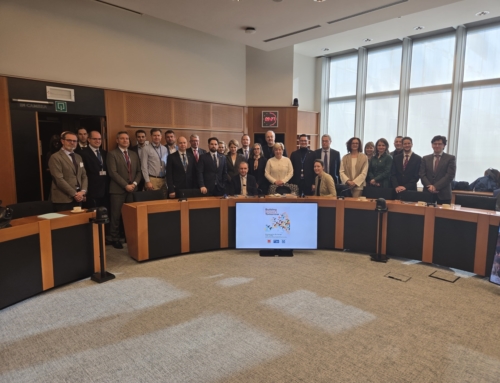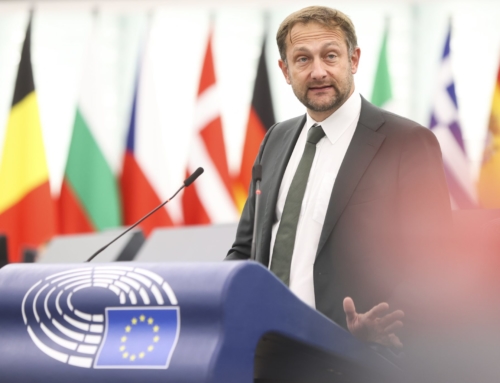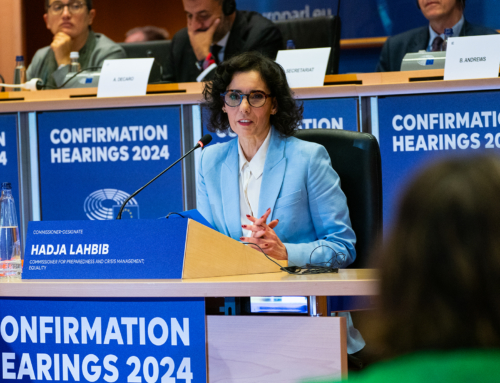27 September 2021,
The President of the European Commission, Ursula von der Leyen, addressed on the 16th of September the European Parliament to present the annual guidelines of the Commission’s working program, also known as the “State of the Union”.
President von der Leyen started her speech by reflecting on a year of pandemic in Europe: “If the pandemic has taught us anything, it is the value of time. And that there is no time more precious than time spent with our loved ones.” Although the European Commission did not directly mentioned the work of families, it recognised the importance of interpersonal relations and solidarity during the pandemic, which happen first and foremost within the family unit.
The priorities of the European Commission for 2021-2022 are diverse: from the vaccination file to the economic recovery, the digital autonomy and the green transition of Europe, and even the development of a “European Defence Union”, following the recent human rights violations in Afghanistan.
However, the focus for 2022 of the Commission will be on the youth. An encouraging choice of the Commission in a context of demographic winter and continuous decrease of birth rates in Europe:
“What gives me that confidence is the inspiration we can draw from Europe’s young people. Because our youth put meaning into empathy and solidarity. They believe we have a responsibility towards the planet. And while they are anxious about the future, they are determined to make it better. Our Union will be stronger if it is more like our next generation: reflective, determined and caring. Grounded in values and bold in action.”
« This is why we will propose to make 2022 the Year of European Youth. A year dedicated to empowering those who have dedicated so much to others. »
As a concrete action, she presented the ALMA program, that will allow professional experiences for young people all over Europe. Overall, good elements connected to the family were mentioned, such as the need for more work-life balance of parents and the fair recognition of their contribution to the common good. Every man and woman can benefit from the best possible care and find the best balance in life. But social equity is not only a matter of time, but also a matter of fiscal equity.
FAFCE welcomes these new elements of work for this year, and will continue to promote the importance of empowering families, who, through the care they give to their children and around them, are the first engine of social solidarity and cohesion within a society. Without families there can be no children nor youth. It is thus crucial to support families should through the recognition of unpaid care work, fiscal justice, a right to disconnect and the freedom for parents to organise their work-life balance on their own terms.







